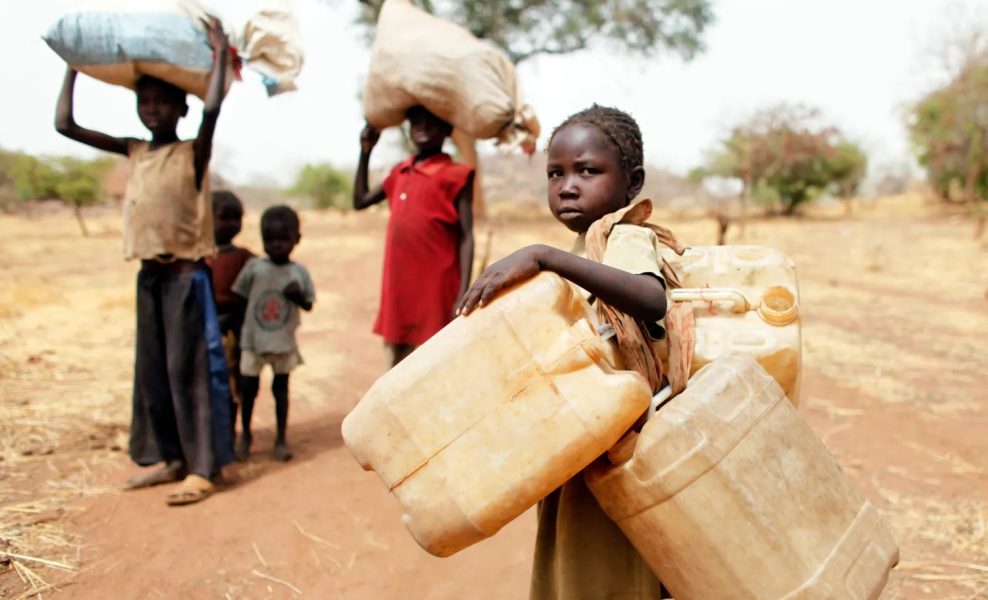
Nearly two-thirds of South Sudanese children aged 5 to 17 are engaged in the worst forms of child labour, with some regions reporting rates as high as 90%, according to a new report released by the Ministry of Labour, Ministry of Gender, Child and Social Welfare, and Save the Children.
The landmark National Child Labour Study, covering 418 households across seven states, found that 64% of children surveyed are involved in hazardous work, including forced labour, sexual exploitation, and illicit activities such as theft, drug use, and armed conflict.
In Kapoeta South, gold mining, pastoralism, and farming push 90% of children out of school, while in Yambio, local conflict and child marriages contribute to equally high rates.
The study reveals a troubling trajectory: children often move from light work to coercive and hazardous labour, exposing them to serious health risks, family separation, and even death.
Around 10% of children reported experiences linked to armed groups, particularly in Akobo, Bentiu, and Kapoeta South.
Boys are disproportionately exposed to military-related and hazardous labour, while girls face heightened risks of domestic work, child marriage, and exploitation.
Alarmingly, over 70% of children in hazardous work come from households where caregivers were aware of child labour laws, highlighting gaps in enforcement.
Only one-third of children knew of available protection services, reflecting fragmented systems and limited community awareness.
The findings come amid severe humanitarian crises. Food shortages affect 7.7 million people—57% of the population—putting 2.3 million children under five at risk of acute malnutrition, further driving child labour as families struggle to survive.
Voices from the Ground Anthony, 16, a Child Representative, said: “No child should have to work when they should be learning.
Every child in South Sudan deserves the opportunity to dream and become who they are meant to be.”
Government and Partner Response, Deng Tong, Undersecretary, Ministry of Labour, said: “This study provides a critical foundation for action.
We must establish a national child labour database, raise awareness, and move from promises to protection.”
Acting Minister Dak Duop Bichiok added: “The evidence enables us to reform policies, strengthen protection systems, and ensure every child enjoys education, safety, and a childhood free from exploitation.”
Save the Children Country Director Chris Nyamandi emphasized: “This crisis goes beyond poverty.
ducation is the strongest protective factor. Children from food-secure households and educated caregivers face lower risks. If we strengthen education, rebuild livelihoods, and prioritize child protection, we can reverse this trend.”
Barbara Egger, EU Representative, said: “The European Union stands with South Sudanese children, the Government, and partners to close legal and policy gaps, strengthen education and social protection, and ensure no child is left behind.”
The report calls for urgent enforcement of child protection laws, expanded social safety nets, and community awareness campaigns to safeguard the future of South Sudanese children.

